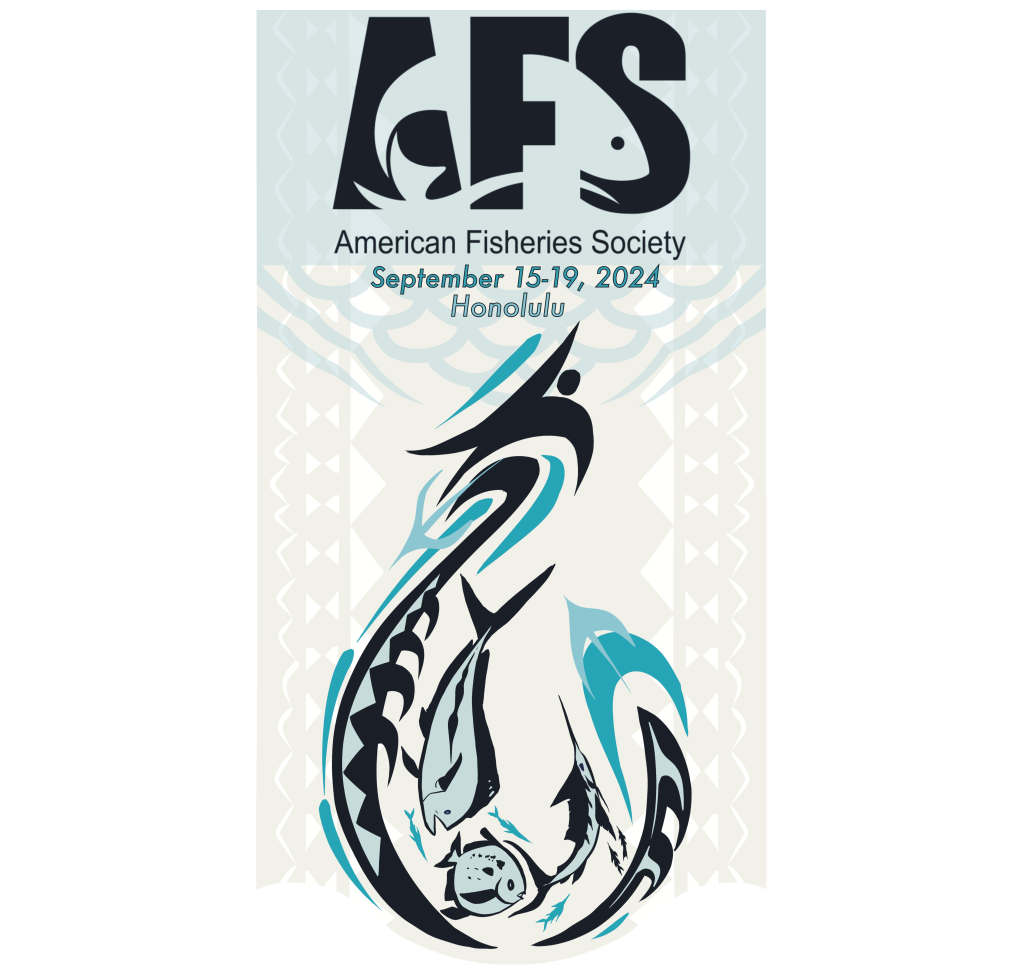Fisheries management and conservation decision making is inherently spatial in nature, however use of spatial data in decision making is often hampered by a lack of data accessibility, visualization, and compatibility both within and among state and federal agencies, academia, and conservation organizations. Improving data availability, visibility, and compatibility with other datasets is critical for informed fisheries management, conservation, and policy creation across broad spatial extents and helps spur collaboration. This session examines the role of emerging technologies, data equity and standards, and collaborative frameworks in facilitating data sharing and visualization. We welcome presentations on overcoming challenges with data silos, enhancing existing spatial data, synthesizing large data sets, or examples of leveraging partnerships to both harmonize and strengthen fisheries data management and collaboration. We also invite novel use cases of technology in fisheries data collection and management, such as artificial intelligence, GIS, open-source software, and crowd sourced data integration.
Organizer: Austin Bartos, Michigan Department of Natural Resources, [email protected]
Co-organizers: Arthur Cooper, Maggie Haite, Sinan Itraija, Jared Ross
Supported by: Michigan Department of Natural Resources Fisheries Division, Michigan State University
